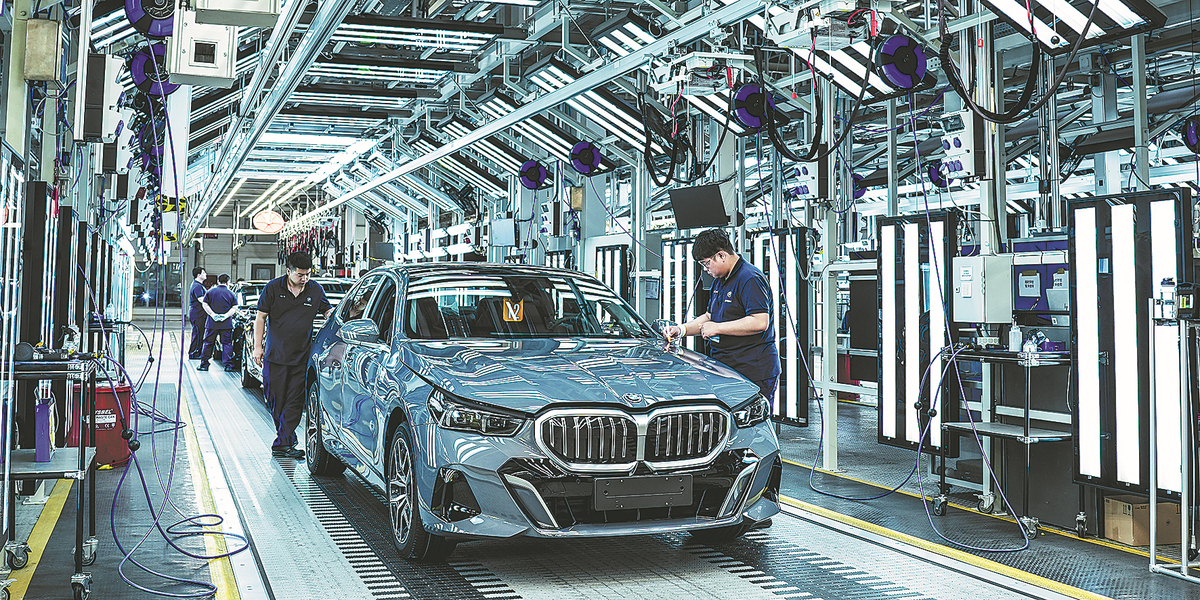German carmakers encouraged to face competition from China

German Chancellor Olaf Scholz has called on German automakers not to be afraid of competition from Chinese rivals, according to Reuters.
"Some say that China can do much better with electric motors than us...German companies need not be afraid of this competition," Scholz said on Monday at the opening of Mercedes-Benz's first battery recycling plant in Germany.
Scholz encouraged them to face competition from Chinese carmakers, adding that the industry had weathered strong competition from South Korea and Japan in the past.
His remarks came as German brands, which were highly popular in China, are seeing stiffer competition from local marques.
Statistics from Rho Motion show that 1.7 million electric vehicles and plug-in hybrids were sold last month in the world, of which 1.1 million were in China, the largest market for such vehicles.
Mercedes, BMW, Audi and Porsche are seeing some of their clients leaving for such Chinese brands like Nio and Li Auto, while volume brand Volkswagen’s sales in the Chinese market are shrinking because of the rise of BYD as well as other Chinese brands including Geely.
Yet those German brands are fast moving to defend their position and market share by joining hands with local Chinese technology companies and rolling out new models tailored for tech-savvy Chinese consumers.
Mercedes started presales of its electric G-Class last week in Shanghai. BMW is set to start mass production in China of cars with vehicle-to-everything technology from 2025. Audi is partnering with SAIC to develop electric models for the Chinese market.
Besides, Scholz reaffirmed Germany's stance against the European Union's tariffs on Chinese-made electric vehicles.
"I'm against tariffs that harm us," said Scholz. German automakers, which make about a third of their profits in China, have voiced concern as well and called for more talks.

